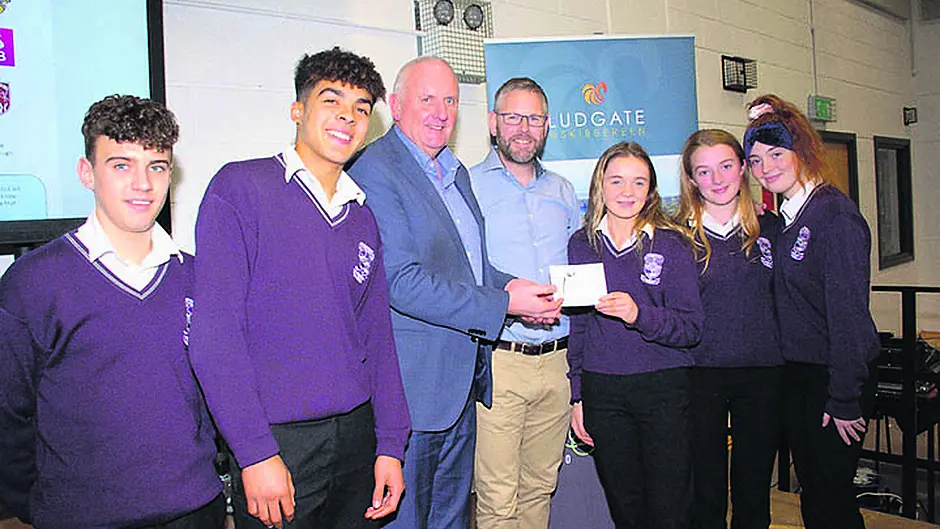West Cork farmers need to decarbonise their operations and look at providing, not only themselves with biomass energy, but also their communities.
WEST Cork farmers need to decarbonise their operations and look at providing, not only themselves with biomass energy, but also their communities.
Speaking at the AgriTech conference, Jerry Murphy, professor of civil, structural and environmental engineering at UCC said that there are many opportunities for local farmers to add extra value to their farm production.
‘In Denmark 18% of the country’s energy needs are provided by bio-gas,’ Prof Murphy said. ‘This bio-gas is produced from slurry and farmers here could produce their own bio-gas to run farm vehicles and other machinery all from materials such as animal waste, food waste, grass and for those living along the coast, seaweed.
‘We have to decarbonise farming. With the introduction of on-farm or community aerobic digesters bio-gas cannot only power the local communities transport needs for example but can also be used to provide electricity which could be sold onto the national grid, thus providing rural communities with local employment and further development opportunities.’
Farmers need to look beyond their primary product, such as milk, beef or pigs and look to providing extra income from bi-productions and other overlooked opportunities on their farms, according to Prof Murphy.
‘Ireland needs to take notice of what is going on in other EU countries,’ Prof Murphy said. ‘Right across Europe the production of bio-gas for providing power to vehicles, homes and businesses is well underway with countries such as France providing 26 aerobic digester sites. However, Ireland has taken years to establish one digester to inject bio-methane to the national grid.’
Bio-gas from slurry could be used to power commercial and public transport vehicles and provide heat for domestic homes and manufacturing units, as well as providing natural gas for the national grid.
‘There is a major opportunity here for farmers to, not only, provide themselves with a carbon neutral energy supply for their farm and a fuel for their transport needs but also as a way to add value and create an extra source of income while reducing carbon emissions,’ Prof Murphy concluded.








